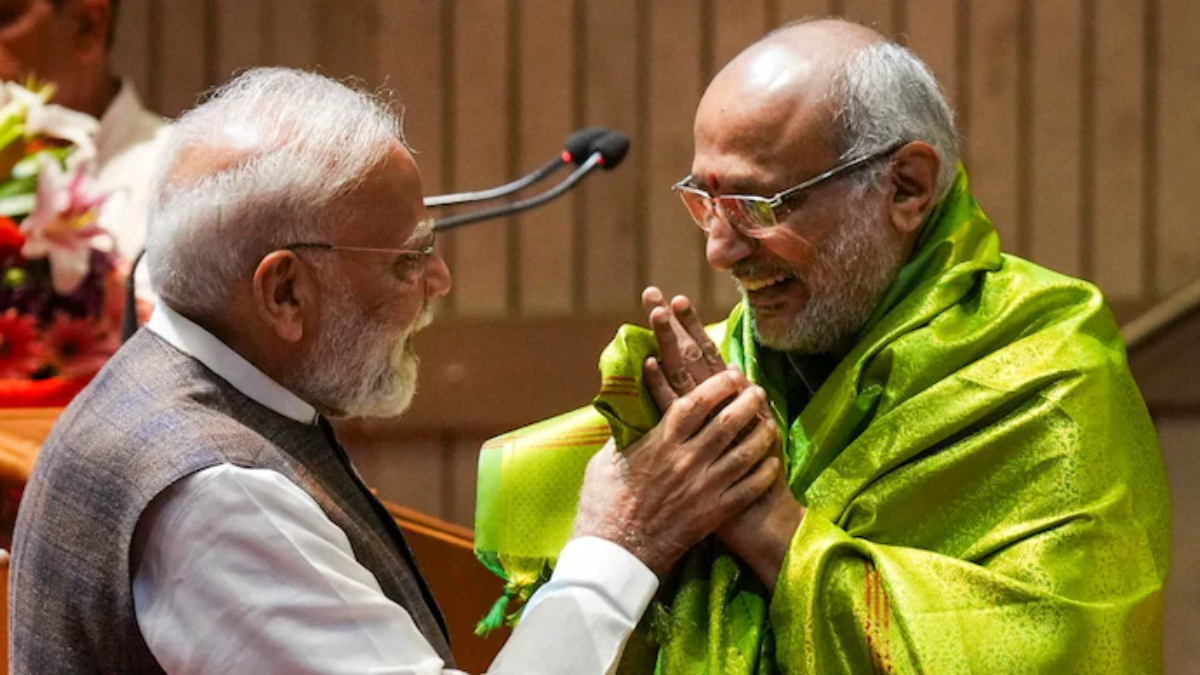Now Reading: Viral Video of Indian Man in US Sparks Conversation on Immigration and Belonging
-
01
Viral Video of Indian Man in US Sparks Conversation on Immigration and Belonging
Viral Video of Indian Man in US Sparks Conversation on Immigration and Belonging

A video of an Indian man in the United States, visibly distraught and expressing a profound sense of isolation and a desire to return home, has gone viral, igniting a passionate debate on social media about the challenges faced by immigrants. The video, which has been widely shared across various platforms, shows the man tearfully stating, “I want to go back, they don’t accept us here.”
The raw emotional distress captured in the short clip has resonated with many, especially within the South Asian diaspora, and has prompted a broader conversation about the realities of life for those who leave their home countries in search of better opportunities. While the promise of a ‘land of opportunity’ is a powerful pull factor for many, the video serves as a stark reminder that the immigrant experience is often fraught with difficulties, including cultural assimilation, social isolation, and, in some cases, discrimination.
Several social media users have commented on the video, with some sharing similar experiences of loneliness and feeling like an outsider in a foreign land. Others have expressed empathy, highlighting the immense pressure that many immigrants face to succeed, which can often be a lonely and overwhelming burden. The video has also brought to light the issue of mental health among immigrant communities, a topic that is often not openly discussed.
The identity of the man in the video is not publicly known, but his message is universal. It speaks to the human need for belonging and acceptance, and the pain of being in a place where one feels they do not fit in. The viral nature of the video is a testament to the fact that his experience is not unique. It underscores the importance of a support system for immigrants, whether it be from their own community or the broader society.
As the video continues to circulate, it is sparking an important conversation that goes beyond the struggles of one man. It is a poignant reminder that while the dream of a new life abroad can be a powerful motivator, it is also a journey that can be filled with unforeseen challenges. It brings to the forefront the need for more understanding and empathy towards those who have left their homes behind in pursuit of a better life.










